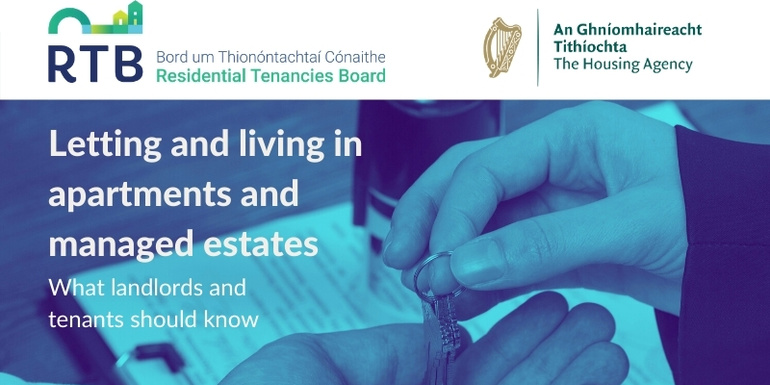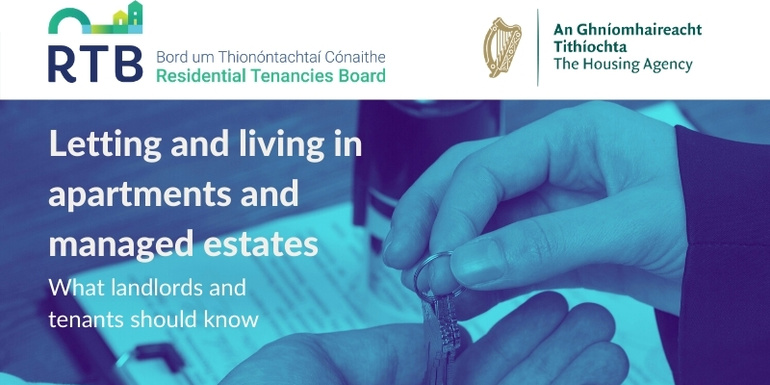
The Minister for Housing, Local Government and Heritage, Darragh O’Brien TD, has given approval in principle for Ireland’s first Cost Rental Homes, delivering on a key commitment in the Programme for Government, under Housing for All.
It is intended that the Housing Agency will manage and administer the Scheme on behalf of the Department of Housing, Local Government and Heritage. The Housing Agency will oversee the administration of the loan arrangements including the drafting of the Agreement for the Cost Rental Equity Loan (“CREL”) and will manage the due diligence on each proposal up until the signing of the CREL Loan.
In Budget 2021, €35 million was made available to Approved Housing Bodies (AHBs) to deliver approximately 350 cost rental homes in 2021 at rates which are a minimum 25% below open market values. An additional 50 cost rental homes at Enniskerry Road, Dun Laoghaire Rathdown are also due to be completed this year supported by the Department’s Serviced Sites Fund.
Following a competitive assessment process, approval has been given to three AHBs, Clúid, Respond and Tuath, for a total of 390 cost rental homes. These developments are spread across Dublin, the GDA and Cork, with precise locations to be published on completion of commercial and contractual arrangements. Subject to the application, the Housing Finance Agency has also made financing of up to €100m available to support schemes approved under this measure.
Minister O’Brien commented: “Shortly before Christmas I put out a call to our AHBs asking them to submit proposals for Cost Rental homes. They responded enthusiastically and the standard of the proposals received is extremely high. I believe this is really encouraging for the future expansion of the scheme.
“Cost Rental is a new form of tenure in Ireland where tenants will pay rent that covers the costs of delivering, managing, and maintaining the homes only. Through the Affordable Housing Bill 2020, Cost Rental will be placed on a statutory footing and the conditions and operational matters for cost rental are being finalised as part of this process.
“The collective experience in bringing on stream these first cost rental homes in the State will be used to inform the ongoing policy development process. This will support the wider roll out of the model across local authorities, the Land Development Agency and Approved Housing Bodies.
“These homes will be made available to middle income households with a reduction of at least 25% on open market rental values. It is my firm commitment that we build on this new scheme and expand it further so that many more tenants live securely in cost rental homes,” he concluded.









